The Best Skincare Routine to Treat Cystic Acne, According to a Dermatologist
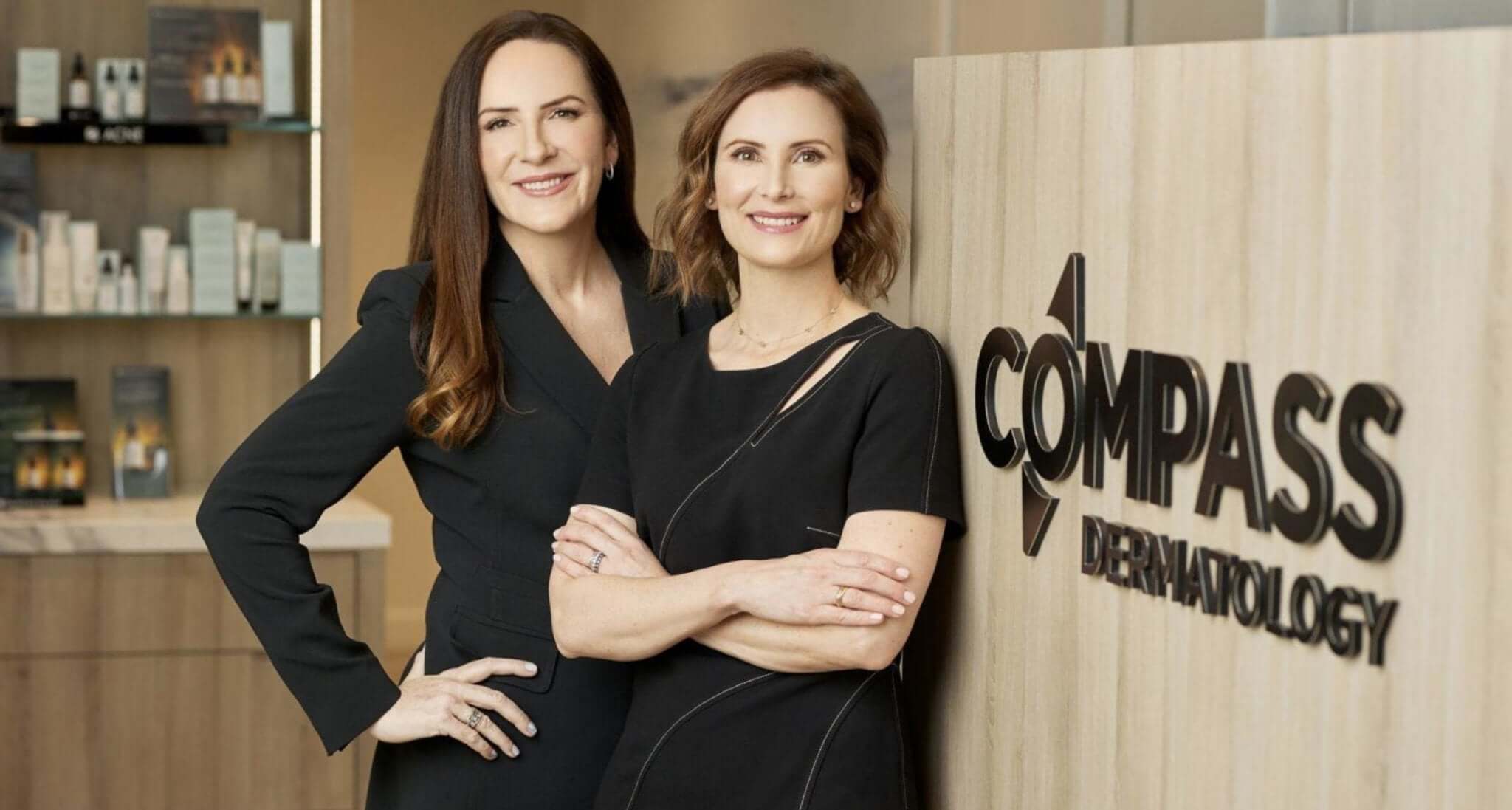
Dr. Julia Carroll (left) is a board-certified dermatologist and media personality in the area of cosmetic dermatology and skin care. Her philosophy is based on providing realistic, natural results while bridging the gap between cutting edge and more established treatments. Dr. Carroll is a Fellow of the Royal College of Physicians and Surgeons (FRCPC) and a Fellow of the American Academy of Dermatology (FAAD). She also holds a faculty position within the University of Toronto, Department of Medicine, Division of Dermatology. Apart from her busy dermatology practice, she is the President of the Canadian Association of Aesthetic Medicine, the Ontario Director on the board of the Canadian Dermatology Association and a board member of Melanoma Network Canada.
What drew you into dermatology and what do you love most about your job?
I was drawn to dermatology as a young medical student because I loved the visual nature of the speciality. As dermatologists we can often diagnose a condition within seconds based on the pattern that presents. I also love the variety. On any given day I may see a new born baby or a 97 year old. We also have some many treatments at our disposal from medications, to surgery to lasers and of course all the skincare and cosmetic procedures which are so popular. The thing I love most about being a cosmetic dermatologist is the profound changes I can make for my patients in the way they feel about themselves and the skin they present to the world. I call myself “The Confidence Doctor” because that’s what I give to my patients!
What does a typical work day for you look like?
I arrive at my office early in the morning and usually do a bit of paperwork. On top of being a doctor, I also run a business with 12 staff so there is a lot to juggle! I see patients throughout the day, usually seeing a patient every 15-30 minutes. The majority of my day is doing injectables, botox and fillers, as well as consults on skincare and medical issues. I also supervise the aestheticians so I’m constantly popping in and out of their rooms to check on treatment plans. At least one day a week I will have another physician shadowing me to learn, which is always fun. In between all of that I often do media interviews or shoot videos for social media. Then it’s home to my husband and 10 year old daughter where we have dinner as a family. I’m on a number of boards and committees so there is usually a zoom meeting or two at night. In pre-COVID times I often travelled to lecture and learn with colleagues from around the world, at least twice a month, but now that has been replaced with virtual conferences. The best part about that is I now have more time to spend with my family and friends, a true gift!

What is cystic acne and how can you tell the difference between that and a regular pimple/ mild breakout?
As dermatologists we actually don’t use the term “cystic”. We call it papulopustular acne. Pimples are solitary lesions but a collection of pimples is acne, one subtype being papulopustular. The main difference between a simple breakout and more serious acne is the long term effects such as persistent redness and scarring.
For those who have cystic acne, what is the most important step(s) of their skincare routine for them to focus on and why?
For scarring acne, skincare is important but I don’t believe skincare alone is the answer. It’s a common perception that people make - thinking they can “wash” their acne away. For serious cases of acne you need to seek the expertise of a board-certified dermatologist.
I’ve heard that the best way to combat cystic acne is to use multiple skincare ingredients that work differently – is that true?
This is true but more so when it comes to prescription products. Throwing too many ingredients and products at acne can make the situation worse.

What about the ingredients we should avoid?
Avoid heavy oils but don’t skip moisturizers all together. Acne-prone skin still needs moisturization. I also recommend avoiding products with too much botanicals as they can be extremely irritating to skin and this can worsen the acne by increasing inflammation.
For those interested in more heavy-duty medicated spot treatments, what do you recommend looking for?
In general, I counsel against only spot treatment. If you are only treating spots then you never really get ahead of the acne. It makes much more sense to treat the entire affected areas to prevent future breakouts. However, if you want to spot treat in conjunction with a more generalized treatment then I recommend products with salicylic acid or benzoyl peroxide.
Our day to day life also plays a big role in our skin, what are some lifestyle changes or habits you recommend for healing the skin?
In some cases, foods with a high-glycemic index can lead to acne flares. I recommend educating yourself on these foods and better alternatives and making some dietary changes. It’s also really important to wear sunscreen daily to prevent long term pigmentation which is difficult to treat.

When do you know it’s time to see a dermatologist, and what types of treatments are available for this condition?
People suffering from acne should see a dermatologist if they cannot control it themselves, if they have had acne for a long time despite over-the-counter treatments or if they are developing scarring. As dermatologists we have many prescription creams and pills that we can tailor to the treatment. We also use various laser procedures, microneedling and peels in-office that can help with acne as well as any scarring.
Where can we find you?
Insta: @drjuliacarroll, @compassermatolgy
www.compassdermatology.ca
If you liked this #ExpertTalks blog post, make sure to check out our most recent post on what stress does to your skin!
1 comment
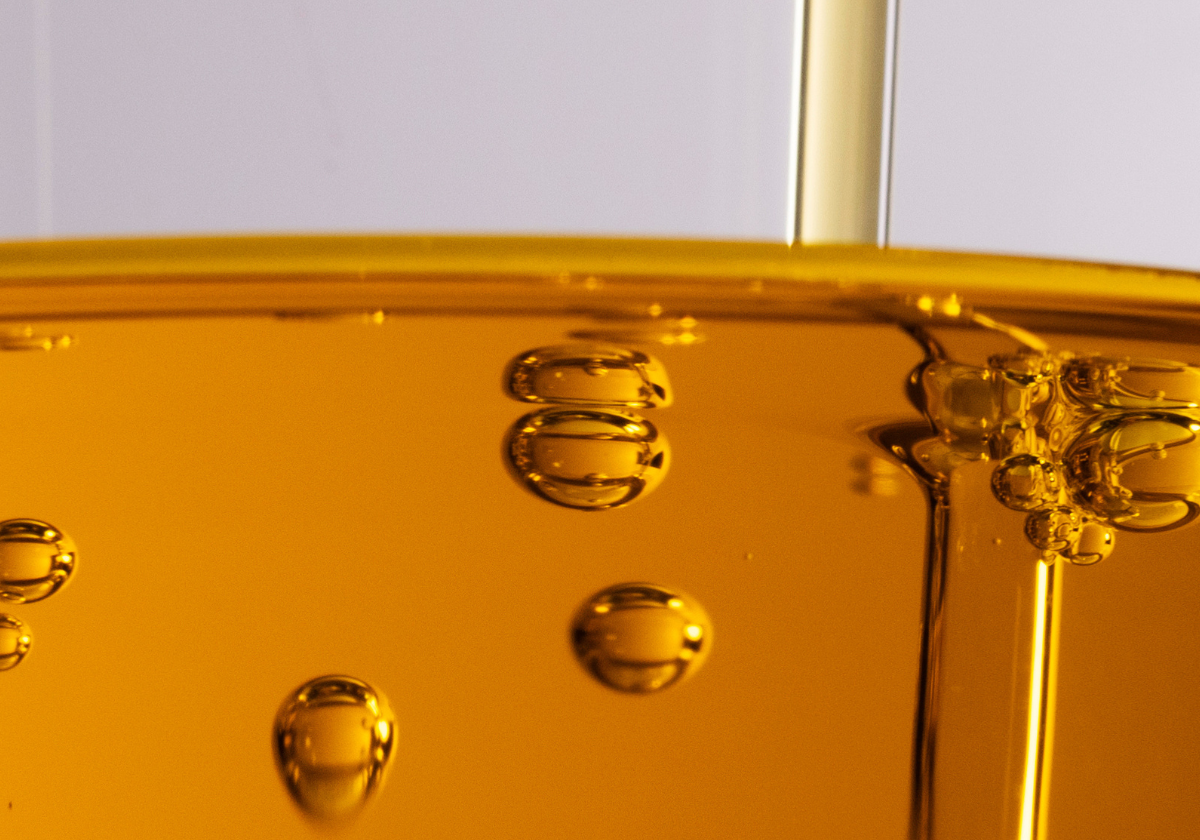
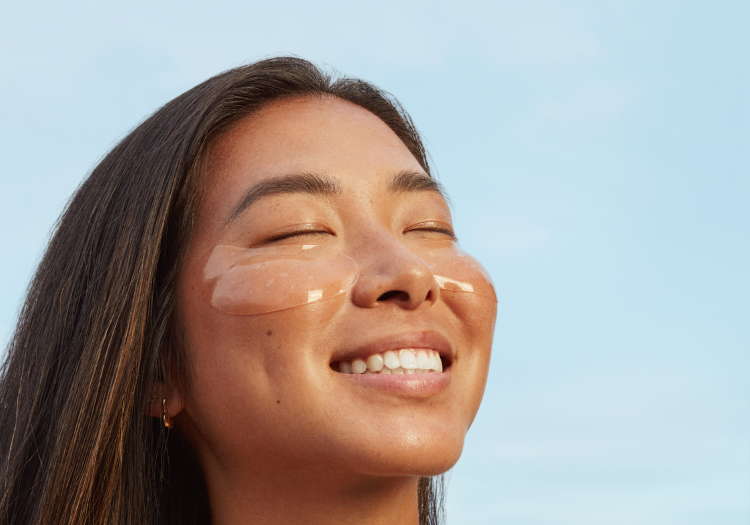
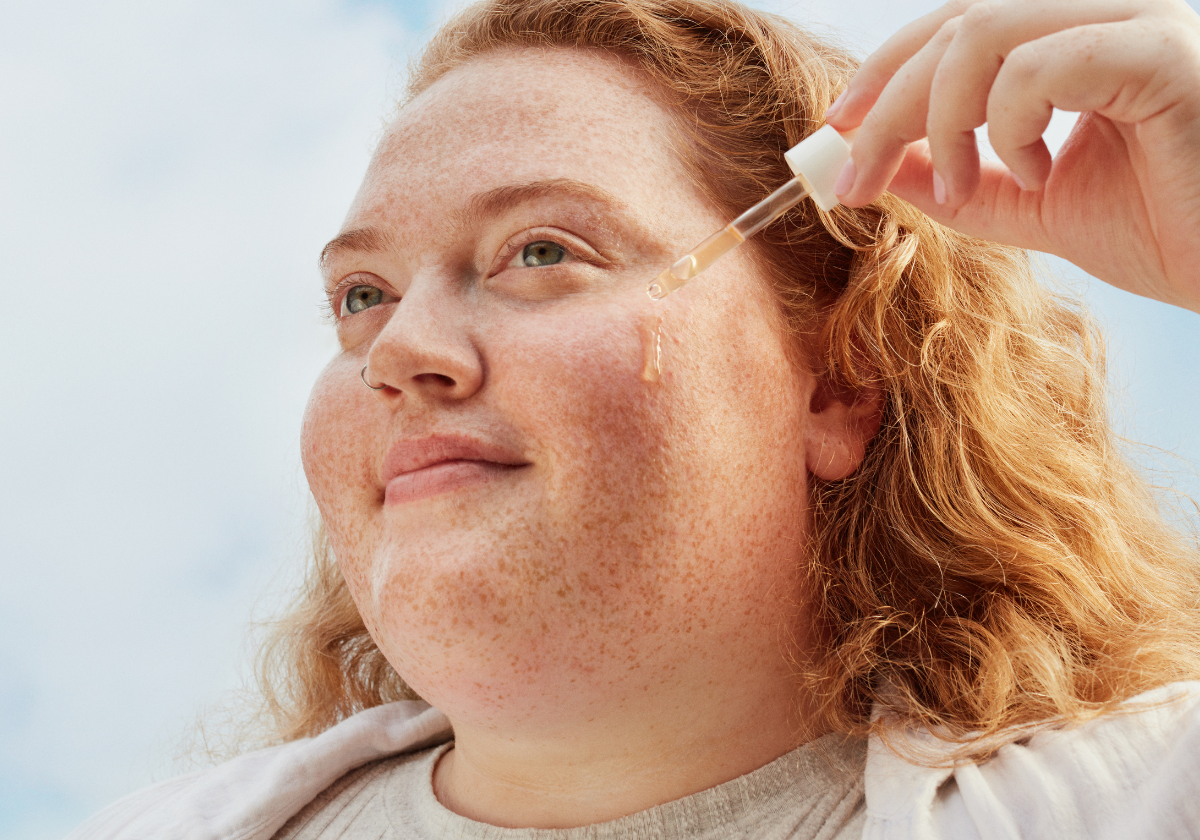
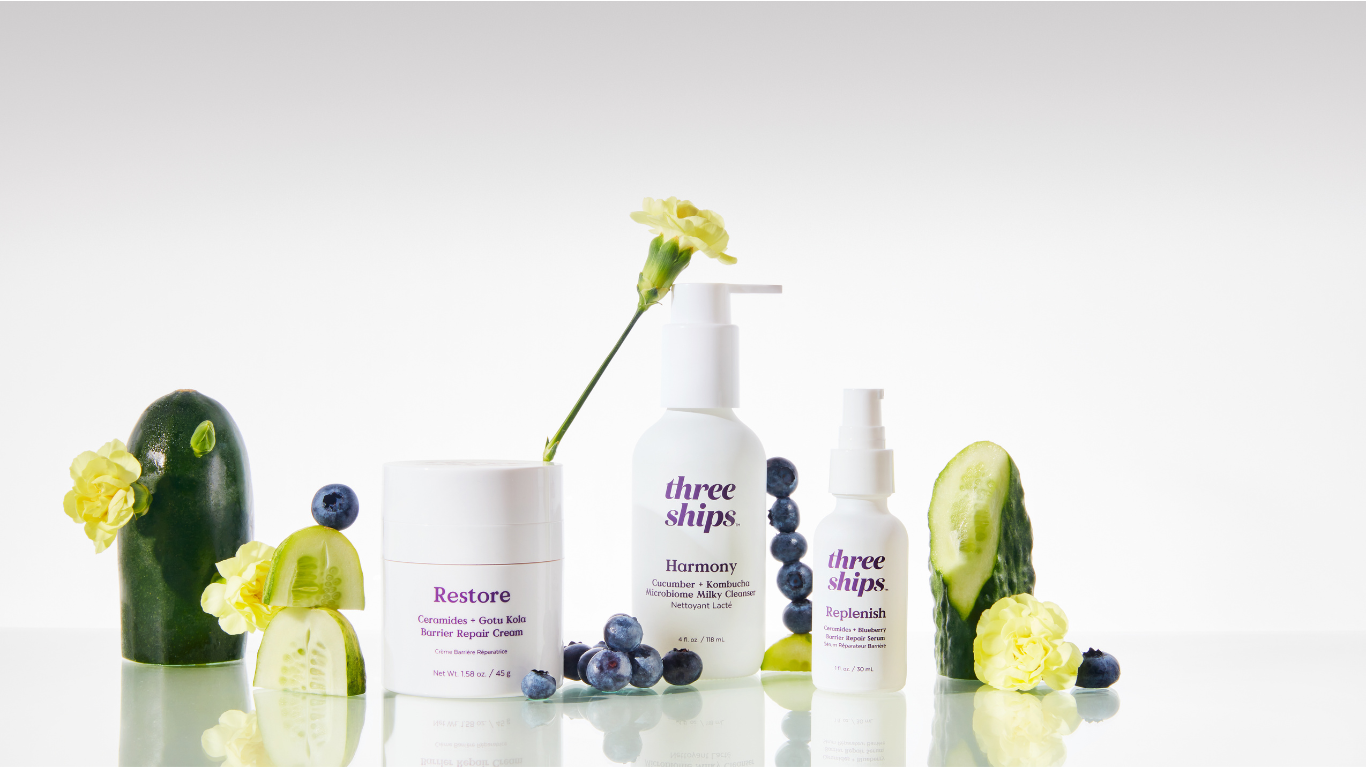


This article was very interesting to me due to me fighting this problem.